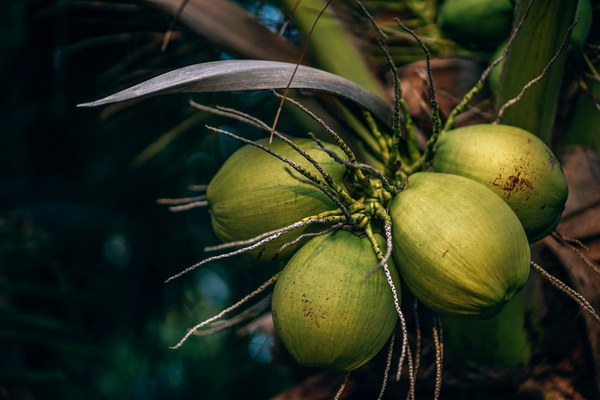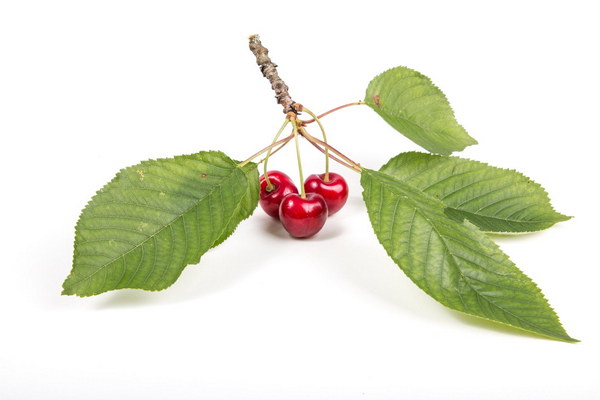Can You Drink Wet-Drying Tea During Your Period A Comprehensive Guide
Introduction:
The question of whether or not one can drink wet-drying tea during their period is a common concern among women. Wet-drying tea, also known as moxa tea, is a traditional Chinese herbal drink that aims to expel dampness and boost energy. In this article, we will delve into the topic and provide you with a comprehensive guide on whether or not it is safe to consume wet-drying tea during your period.
What is Wet-Drying Tea?
Wet-drying tea is a traditional Chinese herbal tea made from the dried leaves of the mugwort plant (Artemisia argyi). It is believed to have various health benefits, including expelling dampness, reducing menstrual cramps, and improving fertility. The tea is typically prepared by boiling the mugwort leaves in water and allowing it to steep for a few minutes.

Is It Safe to Drink Wet-Drying Tea During Your Period?
The safety of drinking wet-drying tea during your period depends on several factors, including your overall health, the specific ingredients in the tea, and your menstrual cycle. Here are some considerations to keep in mind:
1. Traditional Chinese Medicine Perspective:
According to traditional Chinese medicine (TCM), wet-drying tea is believed to have properties that can help regulate the menstrual cycle and alleviate symptoms associated with premenstrual syndrome (PMS) and dysmenorrhea (menstrual cramps). In this context, drinking wet-drying tea during your period may be beneficial for some women.
2. Potential Risks:
While wet-drying tea may offer certain benefits, there are also potential risks associated with consuming it during your period. For instance, mugwort contains thujone, a compound that can be toxic in high doses. Additionally, some women may experience allergic reactions or gastrointestinal discomfort when consuming wet-drying tea.
3. Individual Health Considerations:
It is important to consider your individual health conditions when deciding whether or not to drink wet-drying tea during your period. For example, if you have a history of allergic reactions to mugwort or other herbal ingredients, it may be best to avoid this tea. Similarly, if you have certain medical conditions, such as endometriosis or fibroids, it is advisable to consult with a healthcare professional before consuming wet-drying tea.
4. Menstrual Cycle and Timing:
The timing of your menstrual cycle can also affect whether or not you should drink wet-drying tea. Some women may find that drinking wet-drying tea during the first few days of their period helps alleviate menstrual cramps and bloating. However, others may experience adverse effects, such as heavier bleeding or increased cramping.
How to Safely Consume Wet-Drying Tea During Your Period:
If you decide to drink wet-drying tea during your period, here are some tips to ensure your safety:
- Start with a small dose: Begin by consuming a small amount of wet-drying tea and monitor your body's reaction. This can help you determine whether or not it is suitable for you.
- Consult with a healthcare professional: Before starting any new herbal regimen, especially during your period, it is important to consult with a healthcare professional or a TCM practitioner.
- Avoid consuming large amounts: Overconsumption of wet-drying tea can lead to adverse effects. Stick to the recommended dosage or follow the guidance of a healthcare professional.
- Pay attention to your body: Keep track of how your body responds to wet-drying tea during your period. If you experience any adverse effects, discontinue use and consult with a healthcare professional.
Conclusion:
In conclusion, whether or not you can drink wet-drying tea during your period depends on various factors, including your health, the specific ingredients in the tea, and your menstrual cycle. While wet-drying tea may offer certain benefits, it is important to weigh the potential risks and consult with a healthcare professional before incorporating it into your menstrual regimen. Remember, individual experiences may vary, so it is essential to listen to your body and make informed decisions about your health.









